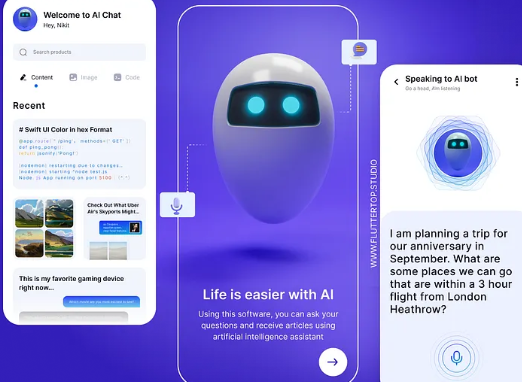Managing a team, especially during peak hours, can be challenging. Sometimes, it feels like some team members are racing through tasks while others lag behind. Without proper insight, identifying and addressing these inconsistencies can be difficult. This is where employee monitoring software becomes incredibly useful. But before diving into its benefits, it’s crucial to understand its legal standing in India. Here’s a comprehensive guide to help you navigate the complexities of employee monitoring in India.
What is Employee Monitoring Software?
Employee monitoring software is a digital tool designed to track and analyze various aspects of employee activities in the workplace. It provides insights into how employees use their time, which applications they access, and even their communications. This software typically runs discreetly in the background, collecting data that can help in measuring productivity, enhancing security, ensuring compliance, and managing performance. The scope of these tools can range from basic time-tracking features to advanced analytics and reporting.
Is Employee Monitoring Legal in India?
Yes, employee monitoring is legal in India, but there are important regulations and guidelines to follow. The legal framework governing employee monitoring includes several laws and principles:
- Information Technology Act, 2000: This act provides a framework for electronic communications and transactions. Although it doesn’t specifically address employee monitoring, it sets conditions for monitoring electronic communications and data interception.
- Indian Penal Code, 1860: Sections of this code deal with unauthorized access and data theft. It’s essential that monitoring practices don’t infringe on these provisions, ensuring that any data collection is legitimate and authorized.
- Right to Privacy: Recognized as a fundamental right in the Indian Constitution, the right to privacy must be balanced with the need for monitoring. Employers should ensure their practices don’t overly infringe on employees’ privacy rights.
- Labor Laws: Various labor regulations, such as the Shops and Establishments Act, may impose specific obligations on employers regarding monitoring practices.
- Company Policies and Contracts: It’s advisable for employers to clearly outline monitoring practices in employment contracts or company policies. This helps set clear expectations and fosters transparency.
Guidelines for Ethical Monitoring
To ensure that employee monitoring is both ethical and legal, employers should adhere to the following guidelines:
- Define Clear Objectives: Establish what you aim to achieve with monitoring, such as improving productivity or ensuring compliance.
- Limit Data Collection: Collect only the data necessary for achieving your objectives. Avoid monitoring personal communications or activities unrelated to work.
- Transparency and Communication: Clearly communicate your monitoring policies to employees. Explain what data will be collected, how it will be used, and the purpose of monitoring.
- Respect Privacy: Be mindful of employees’ privacy rights. Avoid excessive monitoring and respect personal boundaries.
- Data Protection: Implement strong data protection measures to safeguard collected information from unauthorized access.
- Consent and Awareness: Obtain informed consent from employees and educate them about their rights and the implications of monitoring.
- Regular Review: Regularly review and update monitoring policies to ensure they remain compliant with evolving laws and technological advancements.
Guidelines for Employees
As an employee, here’s what you should do:
- Understand the Policy: Familiarize yourself with your company’s monitoring policy and what data is being collected.
- Ask Questions: If you have concerns or need clarification about employee monitoring software, ask your HR department or supervisor.
- Stay Professional: Maintain professionalism in all work-related activities and communications.
- Use Resources Wisely: Use company devices and resources only for work-related purposes.
- Protect Information: Be cautious with sensitive information and follow company protocols.
- Report Concerns: If you notice any inappropriate monitoring practices, report them to your HR department.
Employee monitoring, when done ethically and legally, can significantly benefit both employers and employees. For example, Controlio has become a popular employee monitoring software in India. By understanding and adhering to legal requirements and best practices, businesses can enhance productivity, ensure compliance, and protect sensitive information while respecting employee privacy. Balancing oversight with respect for personal space is key to fostering a positive work environment and achieving organizational goals.






